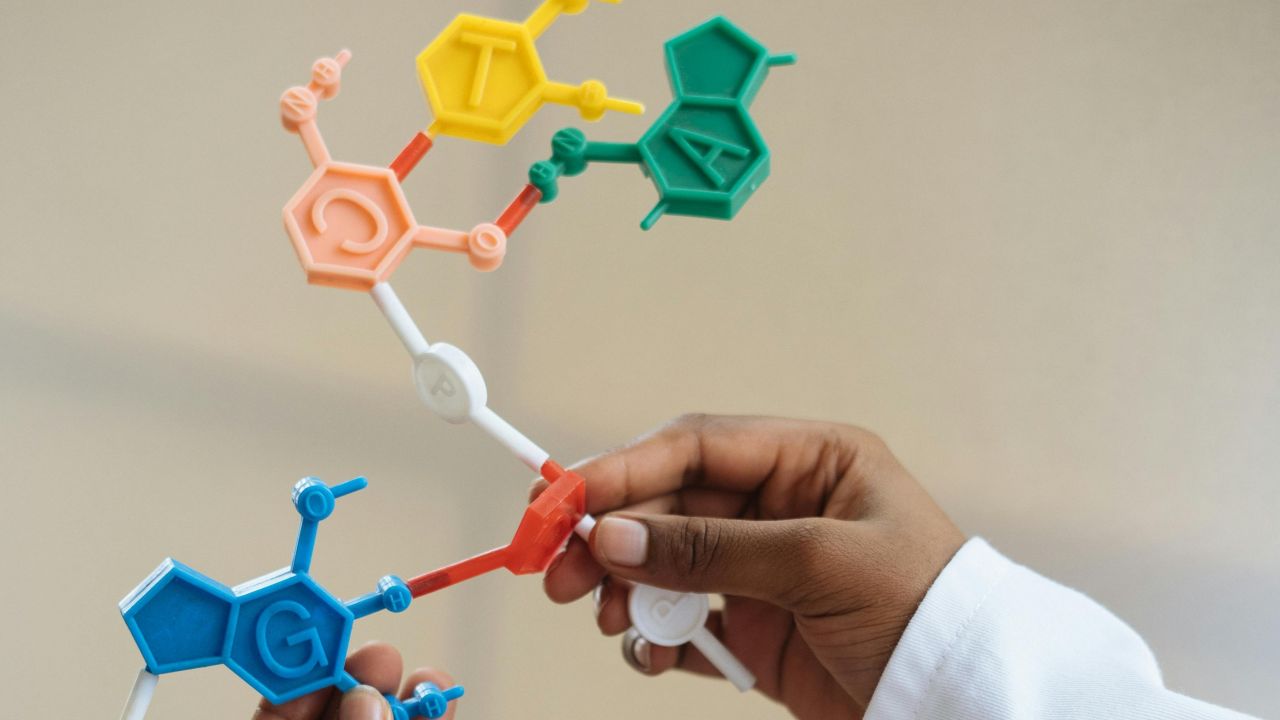Why Do Indians Test Their DNA?
Four leading motivations:
- Ancestry: caste–community roots, migration routes, unknown relatives.
- Preventive health: cancer or cardiac risk genes, metabolic red flags.
- Fitness & nutrition: muscle-fibre type, caffeine sensitivity, vitamin-D metabolism.
- Pure curiosity: sleep genes, taste quirks, fun personal traits.
How a Home DNA Kit Works
- Give your sample: fill a saliva tube or swipe a cheek swab.
- Lab sequencing: SNP chip (~7 lakh markers) or whole-genome sequencing (WGS).
- Data analysis: algorithms compare markers with global reference panels.
- Your report: an interactive dashboard plus a ZIP file of raw data if you wish.
Analysis Types & Typical 2025 Pricing
| Type | Data Depth | Main Use | Indicative Price |
|---|---|---|---|
| SNP Chip | ≈ 7 lakh markers | Ancestry, basic traits | ₹3 500 – 10 000 |
| Exome | all coding genes | rare disease panels | ₹18 000 – 35 000 |
| WGS 30× | entire genome | research, DNA vault | ₹35 000 – 55 000 |
Top At-Home DNA Providers
Note: we have no commercial arrangement with the firms listed below. Names are chosen purely on market presence and feature depth.
- Mapmygenome: Hyderabad-based, NABL-certified lab, strong health panels.
- Genes2Me: Delhi NCR, CLIA-aligned, budget ancestry kits.
- AncestryDNA: the world’s largest relative-matching network, ships to India via courier.
- Dante Labs: WGS 30× with lifetime re-analysis, global shipping.
- Nebula Genomics: privacy-first, blockchain consent, raw-data-upload option.
Market Pulse & The 23andMe Shake-Up
In March 2025 23andMe filed for bankruptcy in the US after a massive data breach and lawsuits. Founder Anne Wojcicki bought back the assets, but trust took a knock. Nevertheless, India’s DTC genetics segment is growing at 25 % a year, driven by rising preventive-health spend and a young, tech-savvy population.
Privacy Essentials for Indian Users
Five ways to protect your genome:
- Alias email: avoid using your Aadhaar-linked address.
- Instant opt-out: switch off research and third-party sharing.
- Download & encrypt: keep the ZIP in a secure, encrypted folder.
- Deletion rights: India’s Data Protection Act 2023 grants you the right to erase personal data.
- Beware open uploads: public genealogy sites equal public exposure.
Regulation in India (ICMR, DPDP Act)
- Medical reports: must align with ICMR guidelines and be processed through a certified Genetic Diagnostic Centre.
- Ancestry & trait kits: currently sold online; a CDSCO framework is under discussion.
- DNA Technology Bill (2019 draft): would regulate forensic use; still pending in Parliament.
- DPDP Act 2023: sets consent, purpose limitation and erasure rights for personal data, including genetic data.
Forensic Searches & True-Crime Databases
India’s law-enforcement agencies currently rely on government-run CODIS-style databases. Private DTC data may be requested under a court warrant, but most providers decline. A dedicated DNA Technology Act could clarify access rules in future.
DIY: Power Tools for Your Raw Data
Three favourites with data geeks:
- Promethease: upload ZIP → PDF with literature references for each SNP.
- YFull / Y-DNA Server: deep-dive into paternal haplogroups.
- DNA Painter: visualise chromosome segments, confirm cousin matches.
Note: Many third-party servers sit outside India. Read their terms and delete your file once finished.
DNA Tests for Dogs & Cats
Kits such as Embark or Wisdom Panel screen for breed mix and inherited diseases — a niche growing at 30 % a year. Great fun for pet parents — and another sign genetic testing is going mainstream.
What’s Next: Polygenic Scores, DNA Wallets, CRISPR
Polygenic risk scores are landing in fitness apps, DNA wallets aim to return data control to users, and a handful of labs already store sequences anticipating future CRISPR or base-editing therapies.
Takeaway
Home DNA kits can illuminate family history and personalise healthcare. Pair the excitement with privacy savvy, a quick legal check and a reputable provider — then your genome becomes an asset, not a liability.

